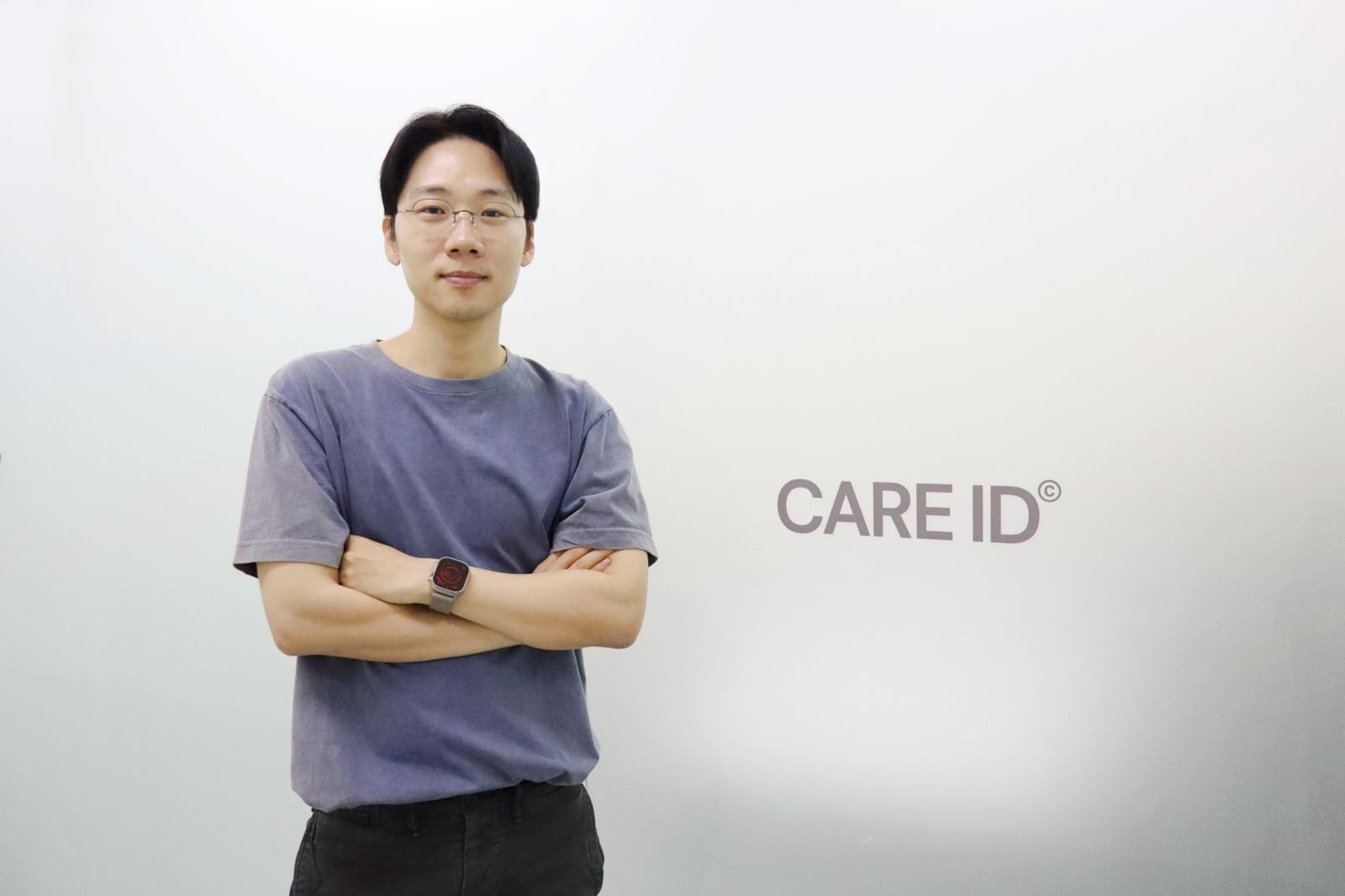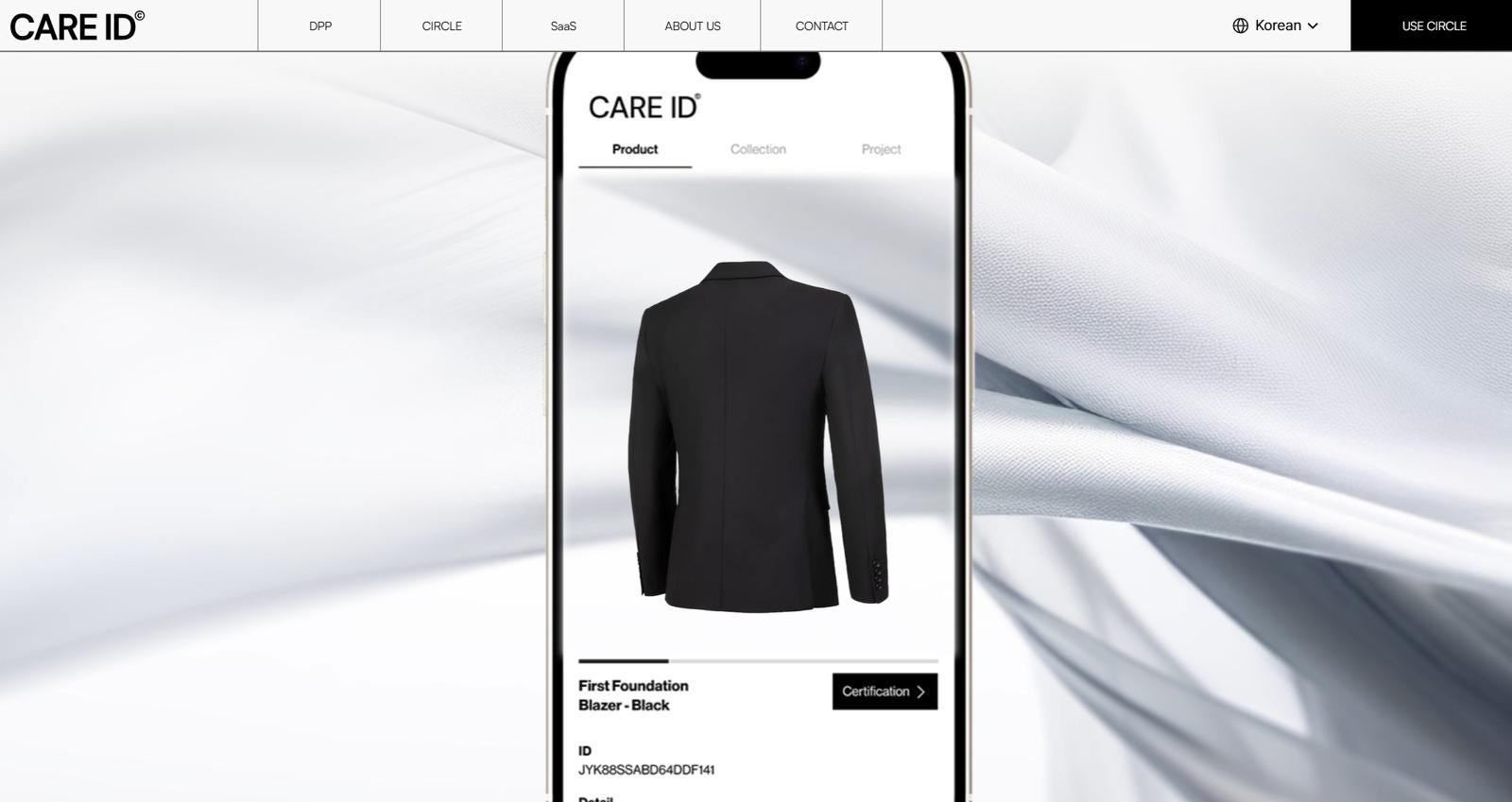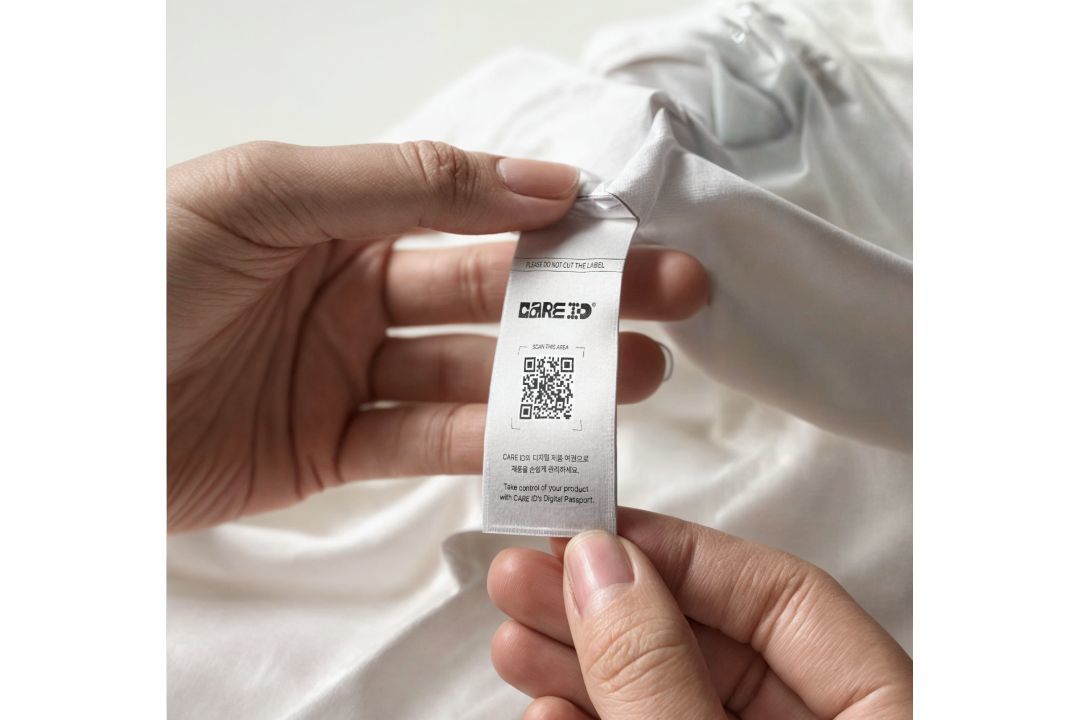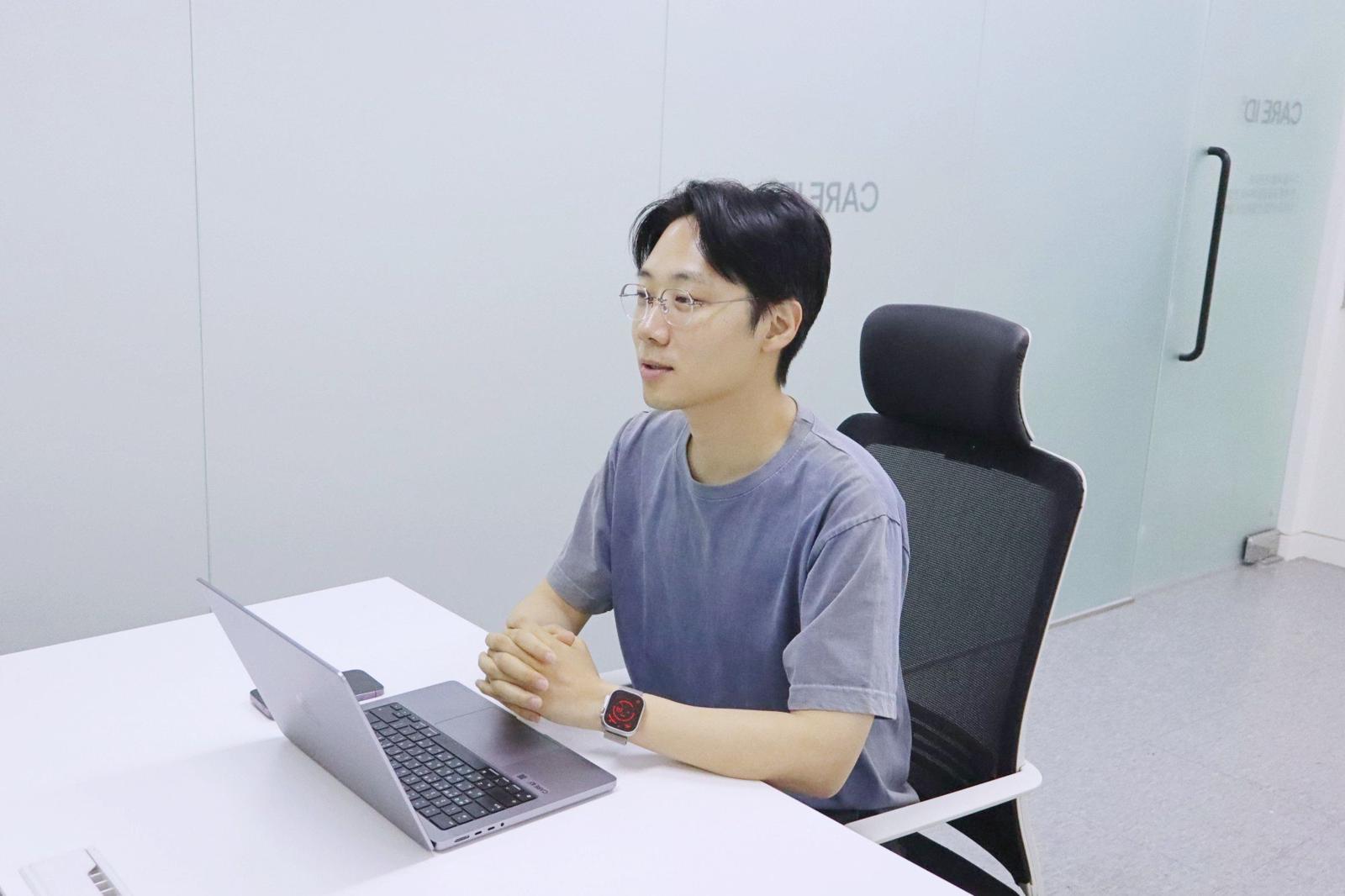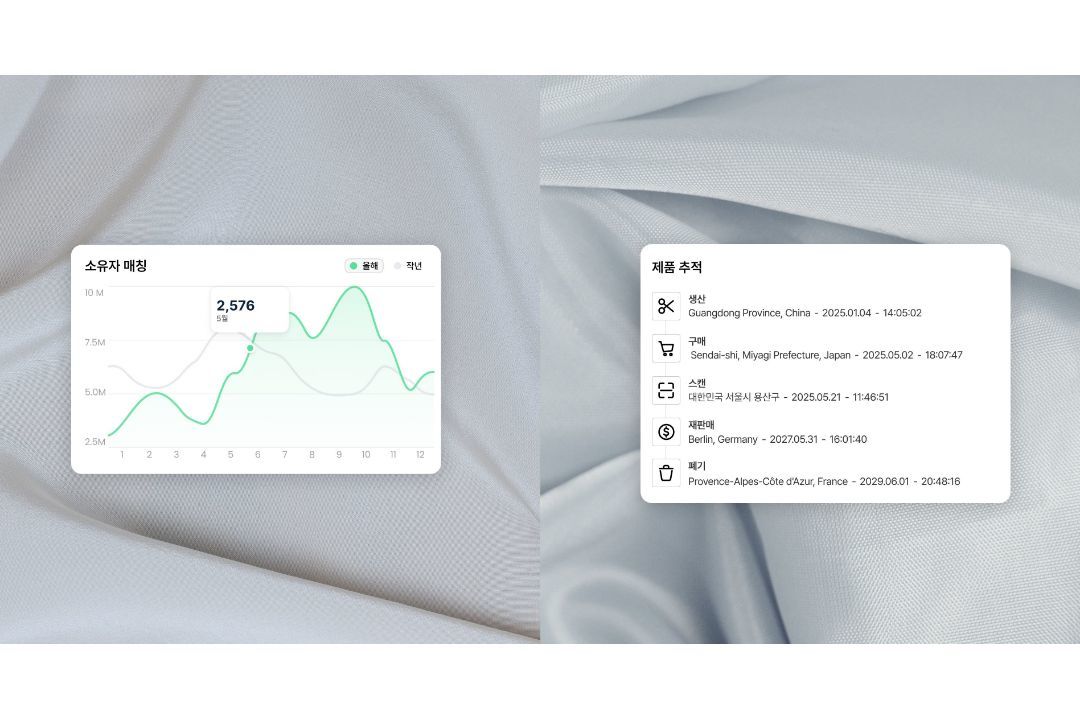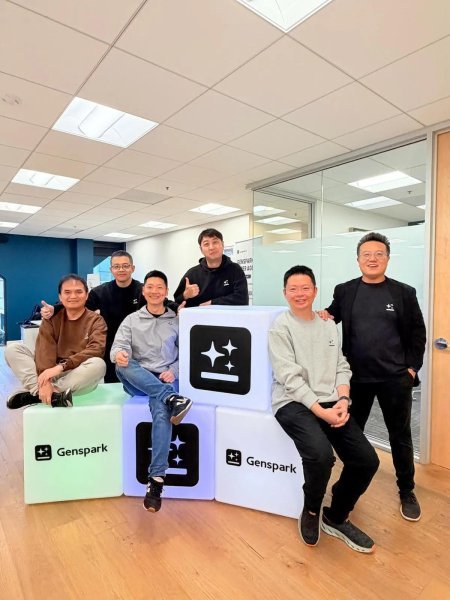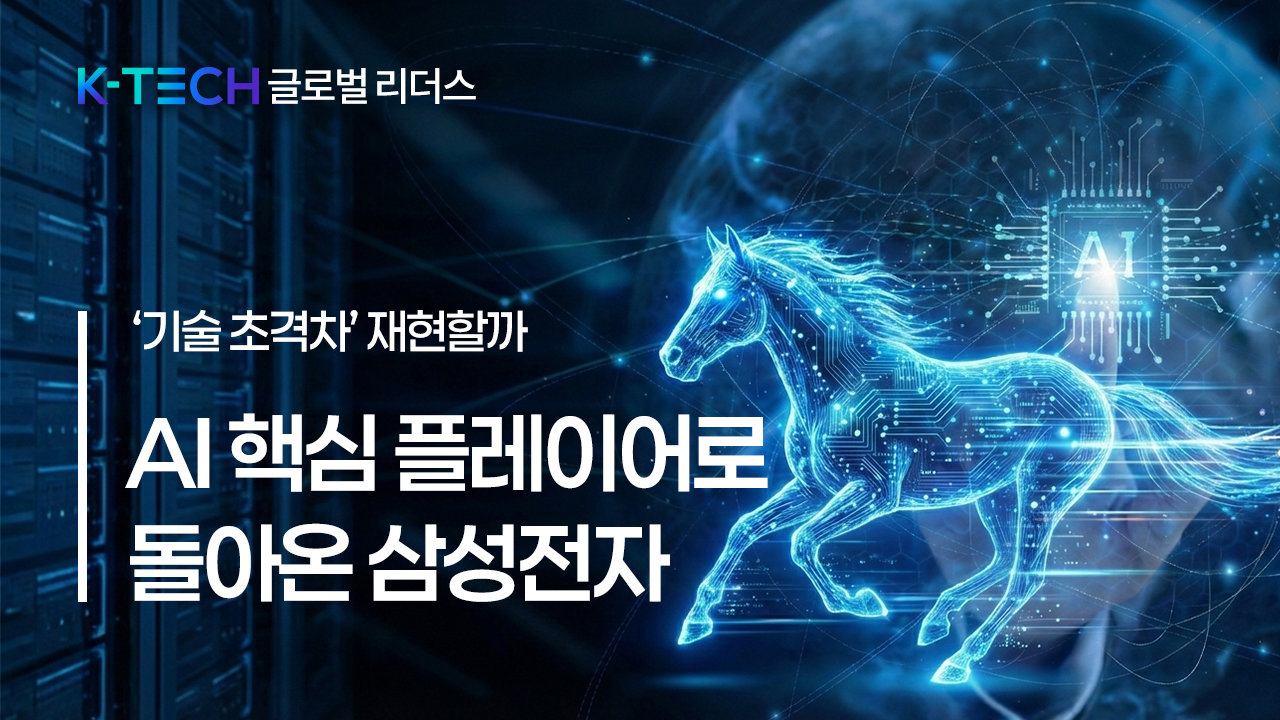
FashionTech
Yunhoe's CARE ID Tracks Clothing Lifecycle
Dong-A Ilbo |
Updated 2025.08.20
[SeoulTech x Dong-A.com Joint Planning] Seoul National University of Science and Technology (hereinafter referred to as SeoulTech) operates various support programs to aid the growth of startups, including preliminary and early-stage startup packages, maker spaces, and global collaboration. Furthermore, in partnership with Dong-A.com, it provides global news to assist startups in overseas promotion and expansion, introducing promising deep-tech startups domestically and internationally.
Clothes are made to be worn, but not all clothes fulfill their value. Clothes that are not worn properly and remain in closets are discarded, and unsold inventory is buried in warehouses and discarded when seasons change, being pushed out by new products.
According to McKinsey, the amount of clothing discarded globally each year reaches 92 million tons, with the greenhouse gases emitted in this process accounting for 10% of total carbon emissions. This not only burdens the environment but also results in the waste of resources, labor, and energy invested in production. There is a call to change the structure where clothes are made only to be discarded within a few months, causing environmental pollution.
Yunhoe Co., Ltd. (hereinafter referred to as Yunhoe) was founded from this awareness of the problem. Yunhoe states that by managing data on where and how clothes are made and discarded, and transparently providing this to consumers, the vicious cycle can be broken. Yunhoe's representative 'CARE ID' is a digital care label B2B solution that records and manages the entire lifecycle of a product. This solution targets the 'Digital Product Passport (DPP)' market, which refers to a system that digitizes information about the entire process of a product. Yunhoe aims to lead sustainable consumption and promote a circular economy in fashion through CARE ID.
Goal to Solve Fundamental Structure of Fashion Industry
The inception of CARE ID began with the personal experience of No Himchan, CEO of Yunhoe. During high school, he imported and sold second-hand clothing, witnessing the reality of clothing collection centers known as 'clothing graves,' which inspired the business. Initially, the business focused on inventory and clothing recycling issues faced by producers through the 'Mint Collection' service.
However, CEO No Himchan turned his attention to the complex structural issues of the fashion industry, particularly the excessive amount of waste compared to production volume, and focused on the production stage. Through this process, he became convinced of the necessity of DPP and changed the business model to CARE ID in 2023. CEO No Himchan stated, “Through the change in the business model, it evolved from a simple business to a mission to solve national challenges. We aim to contribute to realizing a circular economy and achieving carbon neutrality with the DPP solution.”
DPP Solution CARE ID Opening Fashion Circular Economy
CARE ID is a SaaS-based DPP solution that records and manages the entire process from production, distribution, use, recycling, to disposal of products as data. When corporate users input product data into the platform according to guidelines, Yunhoe checks the accuracy of the input data and verifies it through third-party inspection agencies if necessary. The collected and verified data is linked with a QR code attached to the product and a digital signature security method.
This approach of CARE ID provides benefits to both companies and consumers. Companies can gain consumer insights by connecting each product with consumers on a one-to-one data basis. They can collect and analyze detailed behavioral data such as consumer age, gender, purchase region, QR code scanning time, usage period, second-hand sale and disposal time, after-sales service history, and repurchase status for each product. Based on this data, they can design precise and accurate customer-tailored strategies such as repair service linkage or waste classification support.
Consumers can scan the QR code to check detailed history such as supply chain information, raw materials, production process, and washing guide of the product. Especially, CARE ID is differentiated in that it fundamentally blocks the distribution of counterfeit goods based on a data design that cannot be forged or altered. CEO No Himchan explained, “Each product is matched with consumers one-to-one to prevent attempts at replication or forgery, providing a reliable digital authenticity certification system to ensure brand trust and consumer protection.” For example, when CARE ID is applied to products and linked with second-hand trading platforms, transaction records can be automatically registered just by scanning the QR code, enhancing both convenience and reliability.
Yunhoe plans to maximize data traceability permanently by embedding Near Field Communication (NFC) chips in the future, and to enhance logistics efficiency by applying Radio-Frequency Identification (RFID) technology. Additionally, it is continuously lowering the difficulty of data collection and processing by introducing artificial intelligence (AI) technology to standardize unstructured data. It also plans to strengthen the integrity and reliability of data (identity verification of data inputters) based on blockchain technology.
Consumer Awareness Change to Drive DPP Market
CEO No Himchan emphasizes that the goal of CARE ID is not solely to solve environmental issues. The European Union (EU) is expected to gradually introduce DPP to all products starting with the textile sector from 2027. Accordingly, domestic companies entering the EU market must respond to sustainability and eco-friendly regulations. CEO No Himchan stated, “We have realized the necessity of DPP, which is already becoming a reality in the global market,” and added, “Large brands and small brands are particularly vulnerable to regulatory responses. Yunhoe aims to provide solutions for them to bridge the gap.”
Furthermore, CEO No Himchan pointed to consumer awareness change as the driving force for future DPP market growth. He stated, “As counterfeit issues have increased recently, securing transparency in the fashion industry is no longer an option but a necessity,” and explained, “Smart consumers ask about the authenticity and origin of products. If brands cannot answer, they will lose trust in this era.”
He continued, “In the past, companies controlled information, but now consumers actively demand transparency and ethical production. As the paradigm shifts to a demand-driven market, DPP has become an essential trust asset for brand survival, beyond merely complying with environmental regulations.”
Expanding Partnerships for DPP Ecosystem Construction
Yunhoe launched the CARE ID solution in 2023 and secured pre-Series A investment in 2024. As of 2025, it has partnered with over 200 domestic brands and recently formed a consortium with 33 companies and institutions for the core technology development project of F2F (Fiber To Fiber) recycling of polyester composite fibers. Additionally, it was recognized for its growth potential by being selected as an 'Innovation Premier 1000' by the Ministry of Trade, Industry and Energy and as an AI voucher supplier by the National IT Industry Promotion Agency (NIPA) this year. From the second half of this year, it will also participate as a subcommittee member in the Ministry of Environment's Extended Producer Responsibility (EPR) related consultative body.
Yunhoe gained practical opportunities to leap onto the global stage this year through the Miracle Program by SeoulTech and Oracle. CEO No Himchan stated, “Based on support for entering overseas markets such as North America, we received practical help in discovering new global partners. Moreover, we shared startup operation know-how by linking with the entrepreneurial infrastructure possessed by SeoulTech.”
With this support, Yunhoe plans to lay the foundation for overseas expansion this year. CEO No Himchan stated, “Various reports, including those from market research firm Market Research Future (MRF), present estimates of the DPP market size in 2030, with an average projection of approximately USD 5 billion (approximately KRW 6.9 trillion),” and added, “Yunhoe aims to establish itself as Korea's representative DPP solution encompassing large corporations to small businesses and accelerate its spread in the Asian market.” Additionally, Yunhoe aims to expand beyond the textile/fashion industry into beauty, furniture, and electronics over the next three years.
To achieve this, Yunhoe will first focus on building an ecosystem. CEO No Himchan stated, “DPP is not a solution that a single company can create. Collaboration with various innovative companies in the Korean circular economy field, such as reverse logistics solution companies, second-hand platform operators, waste fiber recycling companies, and blockchain technology companies, is key,” and added, “By 2026, we will complete the partnership network to establish ourselves as the core infrastructure of Korea's circular economy.”
He continued, “There were skeptical views from outside about the environmental business model immediately after founding, but as we gradually gain recognition from the government and industry, we feel we are proving our vision,” and added, “We will strive to achieve digital transformation (DX) in the fashion textile industry to become a tool leading global standards in the future.”
IT Dong-A Reporter Kim Yeji (yj@itdonga.com)
Clothes are made to be worn, but not all clothes fulfill their value. Clothes that are not worn properly and remain in closets are discarded, and unsold inventory is buried in warehouses and discarded when seasons change, being pushed out by new products.
According to McKinsey, the amount of clothing discarded globally each year reaches 92 million tons, with the greenhouse gases emitted in this process accounting for 10% of total carbon emissions. This not only burdens the environment but also results in the waste of resources, labor, and energy invested in production. There is a call to change the structure where clothes are made only to be discarded within a few months, causing environmental pollution.
No Himchan, CEO of Yunhoe / Source=IT Dong-A
Yunhoe Co., Ltd. (hereinafter referred to as Yunhoe) was founded from this awareness of the problem. Yunhoe states that by managing data on where and how clothes are made and discarded, and transparently providing this to consumers, the vicious cycle can be broken. Yunhoe's representative 'CARE ID' is a digital care label B2B solution that records and manages the entire lifecycle of a product. This solution targets the 'Digital Product Passport (DPP)' market, which refers to a system that digitizes information about the entire process of a product. Yunhoe aims to lead sustainable consumption and promote a circular economy in fashion through CARE ID.
Goal to Solve Fundamental Structure of Fashion Industry
The inception of CARE ID began with the personal experience of No Himchan, CEO of Yunhoe. During high school, he imported and sold second-hand clothing, witnessing the reality of clothing collection centers known as 'clothing graves,' which inspired the business. Initially, the business focused on inventory and clothing recycling issues faced by producers through the 'Mint Collection' service.
However, CEO No Himchan turned his attention to the complex structural issues of the fashion industry, particularly the excessive amount of waste compared to production volume, and focused on the production stage. Through this process, he became convinced of the necessity of DPP and changed the business model to CARE ID in 2023. CEO No Himchan stated, “Through the change in the business model, it evolved from a simple business to a mission to solve national challenges. We aim to contribute to realizing a circular economy and achieving carbon neutrality with the DPP solution.”
DPP Solution CARE ID Opening Fashion Circular Economy
CARE ID Homepage / Source=Yunhoe
CARE ID is a SaaS-based DPP solution that records and manages the entire process from production, distribution, use, recycling, to disposal of products as data. When corporate users input product data into the platform according to guidelines, Yunhoe checks the accuracy of the input data and verifies it through third-party inspection agencies if necessary. The collected and verified data is linked with a QR code attached to the product and a digital signature security method.
This approach of CARE ID provides benefits to both companies and consumers. Companies can gain consumer insights by connecting each product with consumers on a one-to-one data basis. They can collect and analyze detailed behavioral data such as consumer age, gender, purchase region, QR code scanning time, usage period, second-hand sale and disposal time, after-sales service history, and repurchase status for each product. Based on this data, they can design precise and accurate customer-tailored strategies such as repair service linkage or waste classification support.
Consumers can scan the QR code to check detailed history such as supply chain information, raw materials, production process, and washing guide of the product / Source=Yunhoe
Consumers can scan the QR code to check detailed history such as supply chain information, raw materials, production process, and washing guide of the product. Especially, CARE ID is differentiated in that it fundamentally blocks the distribution of counterfeit goods based on a data design that cannot be forged or altered. CEO No Himchan explained, “Each product is matched with consumers one-to-one to prevent attempts at replication or forgery, providing a reliable digital authenticity certification system to ensure brand trust and consumer protection.” For example, when CARE ID is applied to products and linked with second-hand trading platforms, transaction records can be automatically registered just by scanning the QR code, enhancing both convenience and reliability.
Yunhoe plans to maximize data traceability permanently by embedding Near Field Communication (NFC) chips in the future, and to enhance logistics efficiency by applying Radio-Frequency Identification (RFID) technology. Additionally, it is continuously lowering the difficulty of data collection and processing by introducing artificial intelligence (AI) technology to standardize unstructured data. It also plans to strengthen the integrity and reliability of data (identity verification of data inputters) based on blockchain technology.
Consumer Awareness Change to Drive DPP Market
CEO No Himchan emphasizes that the goal of CARE ID is not solely to solve environmental issues. The European Union (EU) is expected to gradually introduce DPP to all products starting with the textile sector from 2027. Accordingly, domestic companies entering the EU market must respond to sustainability and eco-friendly regulations. CEO No Himchan stated, “We have realized the necessity of DPP, which is already becoming a reality in the global market,” and added, “Large brands and small brands are particularly vulnerable to regulatory responses. Yunhoe aims to provide solutions for them to bridge the gap.”
No Himchan, CEO of Yunhoe / Source=IT Dong-A
Furthermore, CEO No Himchan pointed to consumer awareness change as the driving force for future DPP market growth. He stated, “As counterfeit issues have increased recently, securing transparency in the fashion industry is no longer an option but a necessity,” and explained, “Smart consumers ask about the authenticity and origin of products. If brands cannot answer, they will lose trust in this era.”
He continued, “In the past, companies controlled information, but now consumers actively demand transparency and ethical production. As the paradigm shifts to a demand-driven market, DPP has become an essential trust asset for brand survival, beyond merely complying with environmental regulations.”
Expanding Partnerships for DPP Ecosystem Construction
Yunhoe launched the CARE ID solution in 2023 and secured pre-Series A investment in 2024. As of 2025, it has partnered with over 200 domestic brands and recently formed a consortium with 33 companies and institutions for the core technology development project of F2F (Fiber To Fiber) recycling of polyester composite fibers. Additionally, it was recognized for its growth potential by being selected as an 'Innovation Premier 1000' by the Ministry of Trade, Industry and Energy and as an AI voucher supplier by the National IT Industry Promotion Agency (NIPA) this year. From the second half of this year, it will also participate as a subcommittee member in the Ministry of Environment's Extended Producer Responsibility (EPR) related consultative body.
CARE ID Service Image / Source=Yunhoe
Yunhoe gained practical opportunities to leap onto the global stage this year through the Miracle Program by SeoulTech and Oracle. CEO No Himchan stated, “Based on support for entering overseas markets such as North America, we received practical help in discovering new global partners. Moreover, we shared startup operation know-how by linking with the entrepreneurial infrastructure possessed by SeoulTech.”
With this support, Yunhoe plans to lay the foundation for overseas expansion this year. CEO No Himchan stated, “Various reports, including those from market research firm Market Research Future (MRF), present estimates of the DPP market size in 2030, with an average projection of approximately USD 5 billion (approximately KRW 6.9 trillion),” and added, “Yunhoe aims to establish itself as Korea's representative DPP solution encompassing large corporations to small businesses and accelerate its spread in the Asian market.” Additionally, Yunhoe aims to expand beyond the textile/fashion industry into beauty, furniture, and electronics over the next three years.
To achieve this, Yunhoe will first focus on building an ecosystem. CEO No Himchan stated, “DPP is not a solution that a single company can create. Collaboration with various innovative companies in the Korean circular economy field, such as reverse logistics solution companies, second-hand platform operators, waste fiber recycling companies, and blockchain technology companies, is key,” and added, “By 2026, we will complete the partnership network to establish ourselves as the core infrastructure of Korea's circular economy.”
He continued, “There were skeptical views from outside about the environmental business model immediately after founding, but as we gradually gain recognition from the government and industry, we feel we are proving our vision,” and added, “We will strive to achieve digital transformation (DX) in the fashion textile industry to become a tool leading global standards in the future.”
IT Dong-A Reporter Kim Yeji (yj@itdonga.com)
AI-translated with ChatGPT. Provided as is; original Korean text prevails.
ⓒ dongA.com. All rights reserved. Reproduction, redistribution, or use for AI training prohibited.
Popular News







